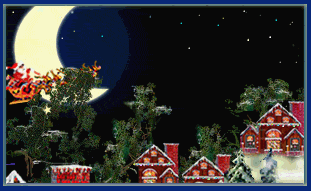The 2011 Ofsted report, History for All, highlighted an awareness of chronology as an area for development for teachers within the teaching of History. The new curriculum, implemented in September of this year, also emphasises the importance of chronology in our thinking. This is not to say that very many good teachers hadn't been addressing this concept of history for some time. In fact, some could even argue that there has been too much emphasis on timelines!!
Whatever the case, we need to ensure that we provide meaningful opportunities for the children to discuss chronology and engage with their understanding of chronology in a structured and purposeful manner.
This week, I had the good fortune to work with several groups over several programmes. Both my undergraduate second year trainees and Early Year PGCE trainees were introduced to a simple activity that encouraged discussion and reasoning in coming to their conclusions about time. An easy task for trainee teachers, but a more challenging task for those that they will be teaching.
The bibs and laminated cards depicting events and eras from British history, provided a number of opportunities for discussion amongst the trainees. The timelines, could be developed to be more time specific, or to only depict events from a certain topic, such as space.
Of course, this is only one approach. There are others. If you have used an interesting idea to approach the teaching of chronology, why not leave a message below. We'd love to hear from you.
Chris















